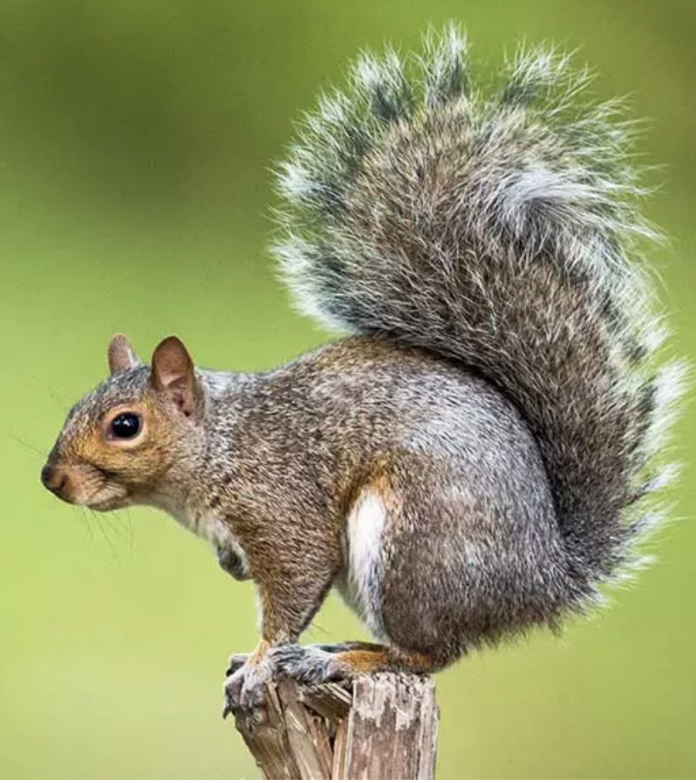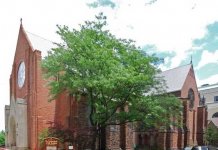My Lords, I declare my interest as president of the Rural Coalition, although I am not speaking on its behalf today. I, too, thank the noble Lord, Lord Redesdale. I seem to remember that we have debated these issues before and I have always been grateful for his contributions.
There are many reasons why increasing our woodland cover is important. For example, being able to walk in woodlands is associated with mental health, at a time when this is a huge issue for us as a society; it is clearly deeply bedded into the issues of net zero; and it is intimately associated with the need to increase again our biodiversity. It is of inestimable importance.
The threat posed by grey squirrels is therefore an issue that exercises many of us, along with the longing that we might one day be able to reintroduce red squirrels. I have to say that the problem is not just grey squirrels; in North Hertfordshire we have black squirrels. I do not know if the Committee has come across them but they are breeding across both North Hertfordshire and South Cambridgeshire, and are a feature of our local area in my diocese. Sadly, there are now only a few conservation areas for red squirrels left, as we have heard, following the introduction of the grey squirrel in the 18th century and indeed the wider issue of the reduction in woodland.
The damage caused by grey squirrels is huge. According to government statistics, the total cost of grey squirrels and other invasive species to the UK is about £1.8 billion a year. That figure perhaps puts into perspective some of the pleas about whether we may be able to find some modest funding to help with this important work.
Stripping off the bark of broadleaf trees means that we lose much of our woodland. A recent report by the Royal Forestry Society on the damage caused by grey squirrels estimates that they cost about £37 million a year to forestry, and they are identified as the greatest single threat to broadleaf trees in the UK. I have been grateful to hear about the project—others know more about this than I do—by the Animal and Plant Health Agency to develop an oral contraceptive to target the grey squirrel, and about the work that the Government have been doing with the Roslin Institute and the European Squirrel Initiative to breed infertility into the female grey squirrel population. Can Minister give us an update on those projects, particularly what the prospects are for rolling them out more widely and an indication of the timeframe?
The need to increase our woodland cover, in the light of the falls over recent centuries, is clear. There are other reasons too. Increasing biodiversity is really important, and I find that that now overlaps with some other areas that I have worked in. We are trying to deal with some very difficult problems of bat infestations in churches, partly because so many of our farm buildings have been put out of action for bats but also because much of the tree cover where some of them have lived in the past has been lost. That is causing irreparable damage to many of our historic churches and their contents. We need to find a number of solutions, of which increasing woodland cover is a very long-term aim but part of the solution.










